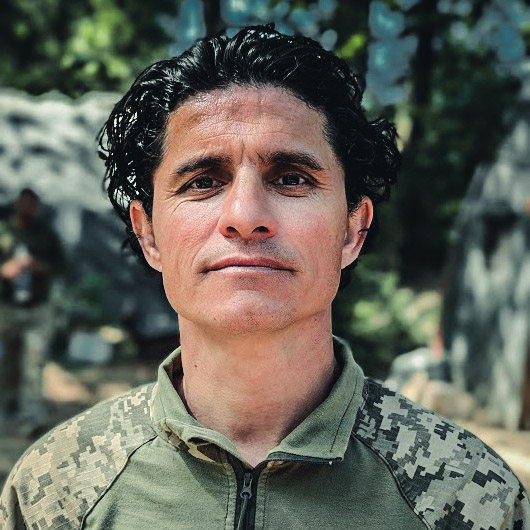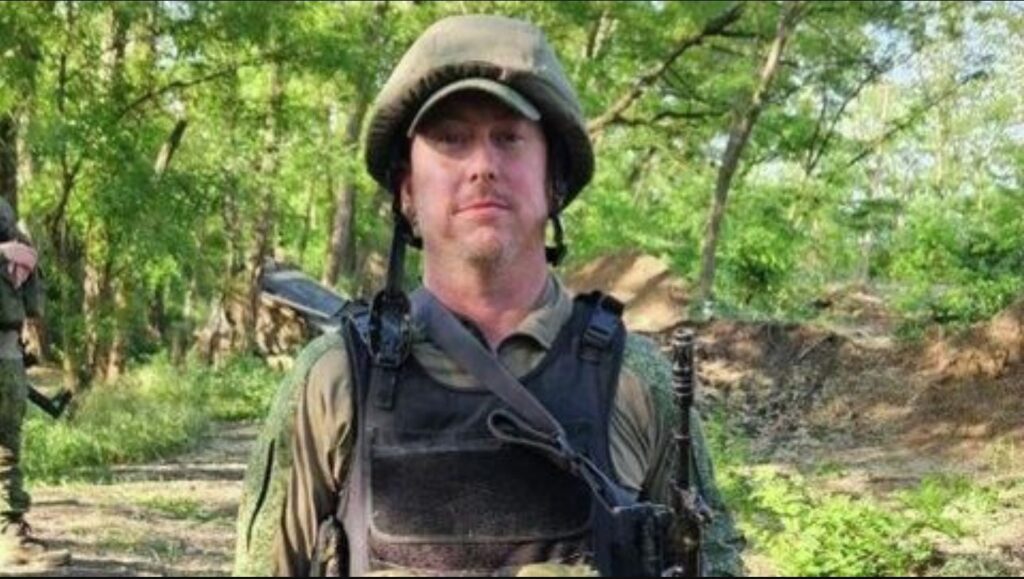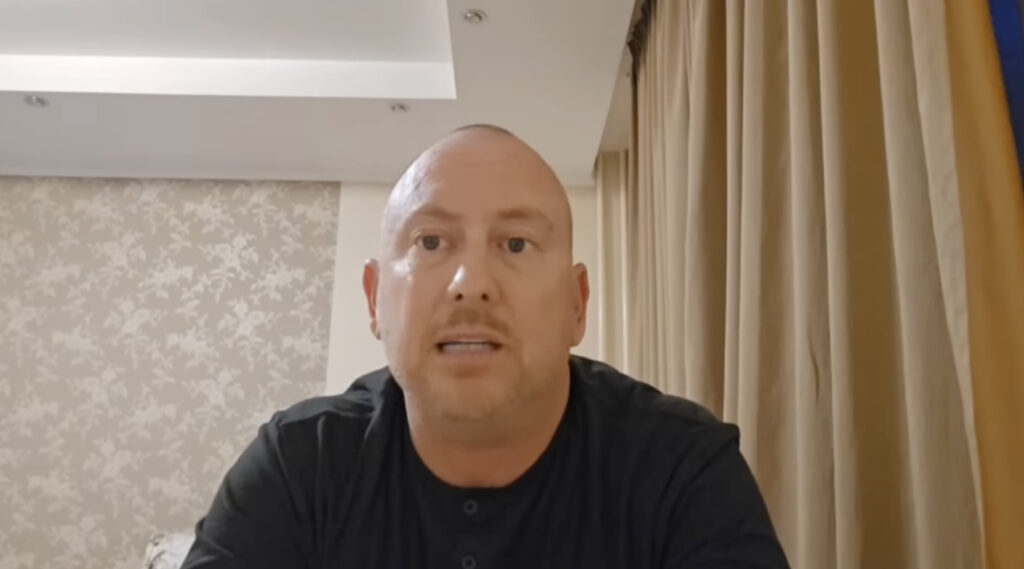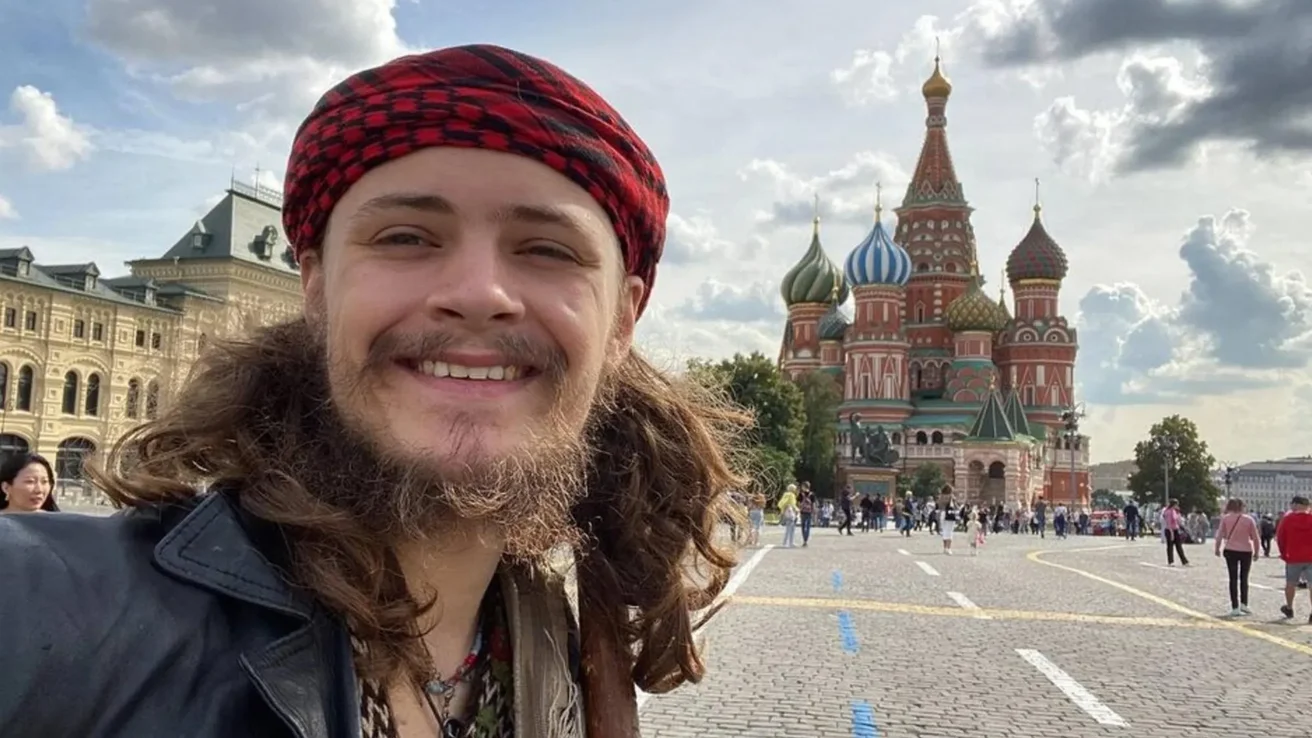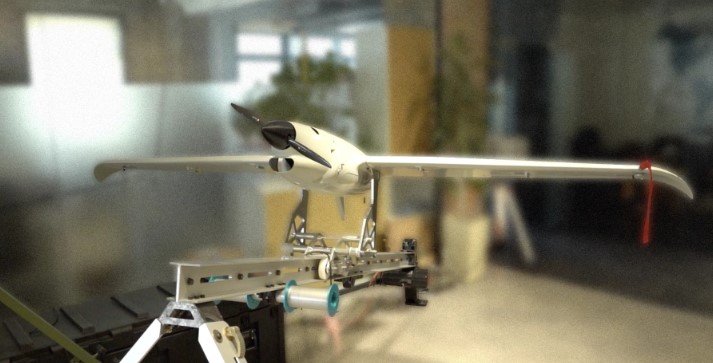Ukrainian hero saves 1,000 vehicles under fire — and surprises Bundeswehr instructor
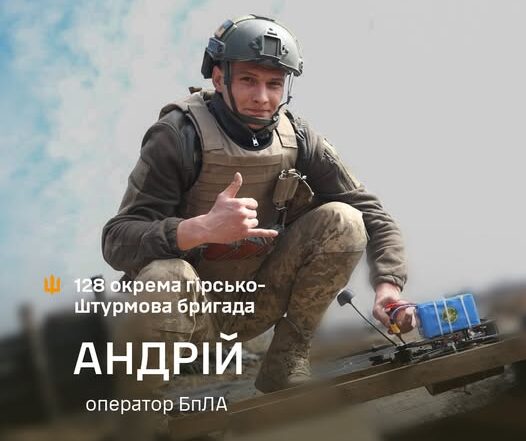
He could leave the war, but he refused. Ukrainian soldier Andrii, 24, from Poltava, is a father of three and a fighter in the drone battalion of Ukraine’s 128th Mountain Assault Brigade. He has pulled over a thousand vehicles off the battlefield: tanks, BMPs, APCs, self-propelled guns, and trucks during his service in the army.
Young men in Ukraine aged 18–24 are not subject to mandatory mobilization into the Armed Forces. The official conscription age begins at 25.
“I’m staying here because I don’t want the Russians to reach my home,” says Andrii, explaining his motivation.
Andrii’s journey began as a conscript and led him to become an FPV drone operator. Initially, he served as a mechanic-driver of a BREM-1 evacuation vehicle, working right on the front lines, under shelling and rain, just 250 meters from the enemy.
“When my comrades jumped off the armor to hook up a vehicle, artillery hit us. One was killed. I survived because I was behind the controls,” he recalls.
“You’re the first I’ve ever allowed to use 4th gear”
For his exceptional courage, Andrii was awarded the Order “For Courage,” 3rd class. Recognized as one of the top mechanics in the Armed Forces, he was sent to Germany to train on the German Bergerpanzer-2 armored recovery vehicle, based on the Leopard tank.
The German instructor was stunned by how experienced and skillful the young Ukrainian soldier was.
“You’re an excellent mechanic-driver. I’ve never let anyone use 4th gear on this vehicle — you’re the first,” he says.
It was a moment where Ukrainian bravery and mechanical precision earned deep trust across allied lines.
The enemy sees him only in their final moments
Today, Andrii operates a fiber-optic FPV drone, navigating into enemy dugouts and capturing every detail. He was trained by Officer Andrii Zadorozhnyi, a hero who was killed in April.
His wife and children wait for him at home. His daughter often calls him right at the front line.
“Ah, you’re in a trench again! When are you coming home?” she asks.
But Andrii answers firmly, “My home is just 200 kilometers from the enemy. I’m doing what I have to do.”
Read also
-
“I want to help Ukraine as much as I can”: American volunteer James joined Ukraine’s Army to build future
-
Western veterans join Ukrainian Army to end unfinished wars from Afghanistan and Iraq, chief of staff of International Legion reveals
-
Texas man joins Russian army to “earn respect,” gets lied to as he is sent to front line instead of welding job
-
Russian soldiers who looted Nova Kakhovka residents vanish as pro-Ukrainian partisans strengthen their network in Kherson Oblast
